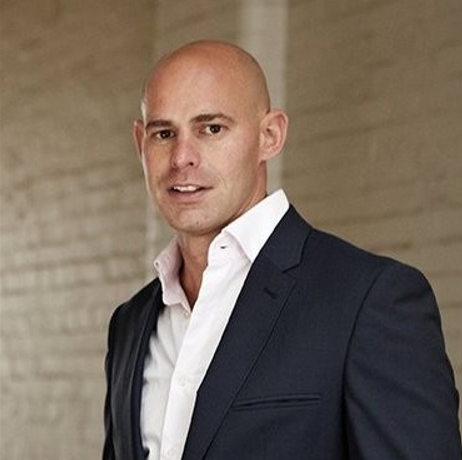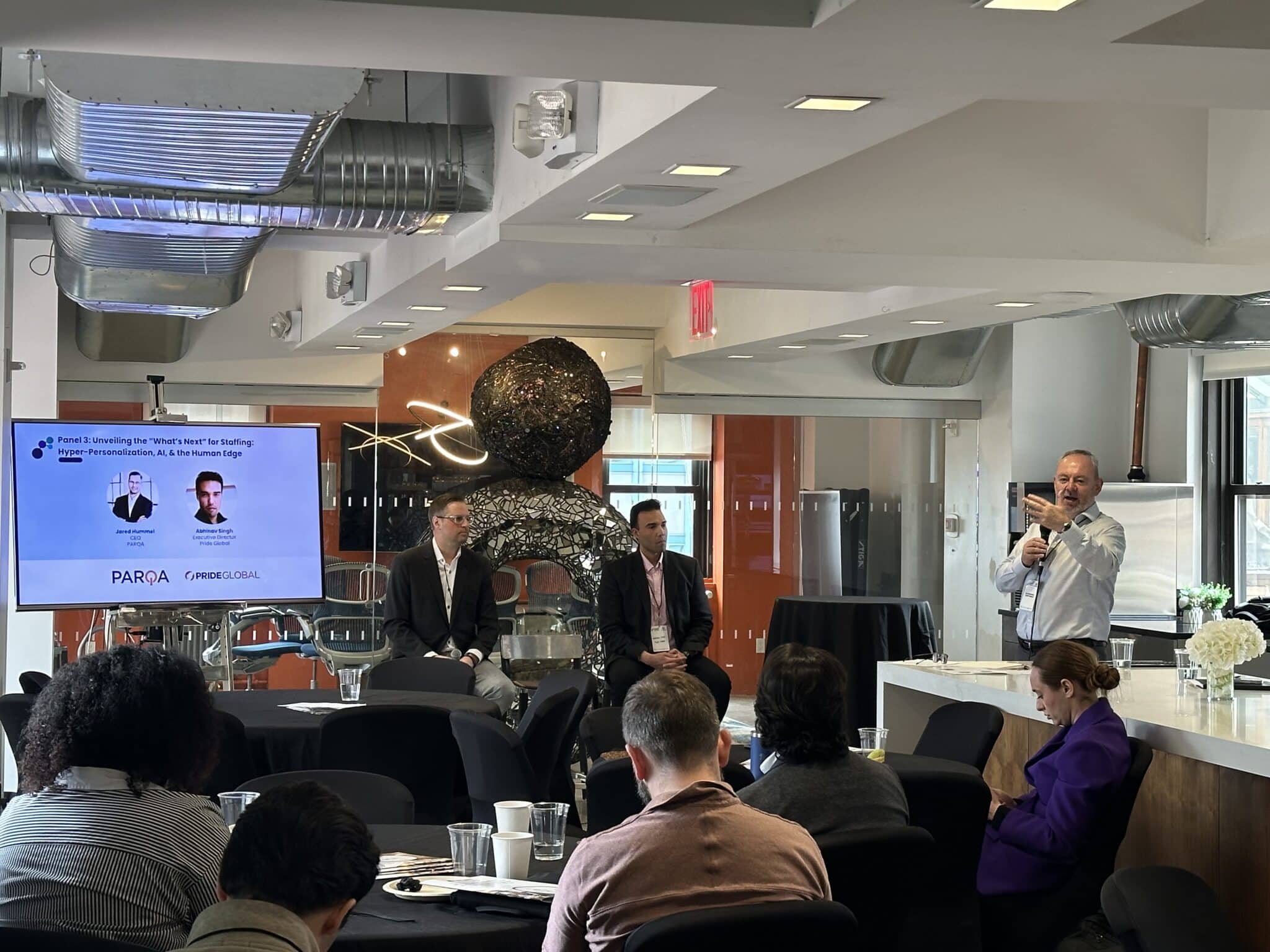Concerns over cost of living more worrying than the pandemic
In his Spring Statement, Rishi Sunak rightfully mentioned that talent is the backbone of the economy, and while it was disappointing to hear that National Insurance Contribution increases will go ahead, the 1% reduction in the lowest rate of income tax was a positive boost for millions of workers. The Chancellor has also set out plans to cut the basic rate of income tax from 20p to 19p from 2024, the first cut to the basic rate in 16 years.
It is clear that the Government is aware of the strain the population is under with rising cost of living, but is it doing enough?
According to survey from CV-Library, the Government’s Spring Statement has fallen short for UK professionals with the majority of the 4,000 respondents already in disagreement with Sunak. He stated that the UK labour market is in a strong position to deal with the current global challenges but 60% of respondents do not share his beliefs of optimism.
The Government’s Spring Statement has fallen short for UK professionals as the latest survey from the UK job board, CV-Library, revealed.
The vast majority, of the 4,000 respondents were already in disagreement with Sunak, and his statement last week that the UK labour market is in a strong position to deal with the current Global challenges with 69% feeling that the Chancellor is wrong about the job market and do not share his beliefs or optimism.
On the day inflation hit a 30-year high, 71% of respondents said that concerns over cost of living have superseded worries about the pandemic. The survey revealed which costs UK professionals are most concerned about:
- Energy 60%
- Fuel 20%
- Food 16%
- Travel 4%
Lee Biggins, Founder and CEO of CV-Library commented: “Our survey proves that rising energy costs are the biggest concern for most people and the Government simply isn’t listening. With UK workers having to wait up to two years for the 1p drop in income tax, the immediacy of the rise in the unemployment allowance is a welcome relief for UK businesses but, overall, there feels like little has been done that will make a significant impact and help drive the change and investment needed for growth.”
Joanne Frew, Head of employment at DWF, commented on the employment implications of the announcements made by the Chancellor today at the Spring Statement. She said: “Although the Spring Statement will bring much needed relief to many, it is questionable what assistance it gives to those employers who are struggling to recruit and retain the best talent. With such a competitive market many employers have been struggling with labour supply which inevitably has led to pay increases in certain sectors. Against a backdrop of a relatively robust labour market throughout the pandemic, pay increases are anticipated at 3% for 2022 reflecting a record breaking high according to the CIPD.”
Ged Mason OBE, Morson Group CEO commented: “The conflict in Ukraine and the cost of living crisis has shone a light on the UK’s need to be more self-sufficient when it comes to energy, and though it wasn’t directly mentioned in the Chancellor’s statement, the government will soon be setting out its energy security plan, which will rubber stamp investment to scale up hydrocarbon, nuclear and renewable energy generation. This is what this country needs today, and we’re well-versed in these core markets to support ongoing skills demands, be it niche and volume labour requirements.
Ken Brotherston, CEO at TALiNT Partners weighed in: “Whilst, on the face of it, there wasn’t much in the Chancellor’s spring statement for employers or employees, the increasing costs of travel and fuel can potentially be mitigated by optimising flexible working policies. Post-pandemic, more flexible working models are a clear direction of travel anyway, so those employers who are use these effectively can genuinely claim to not just being able to accommodate candidiates’ lifestyle preferences but save them money as well.”












